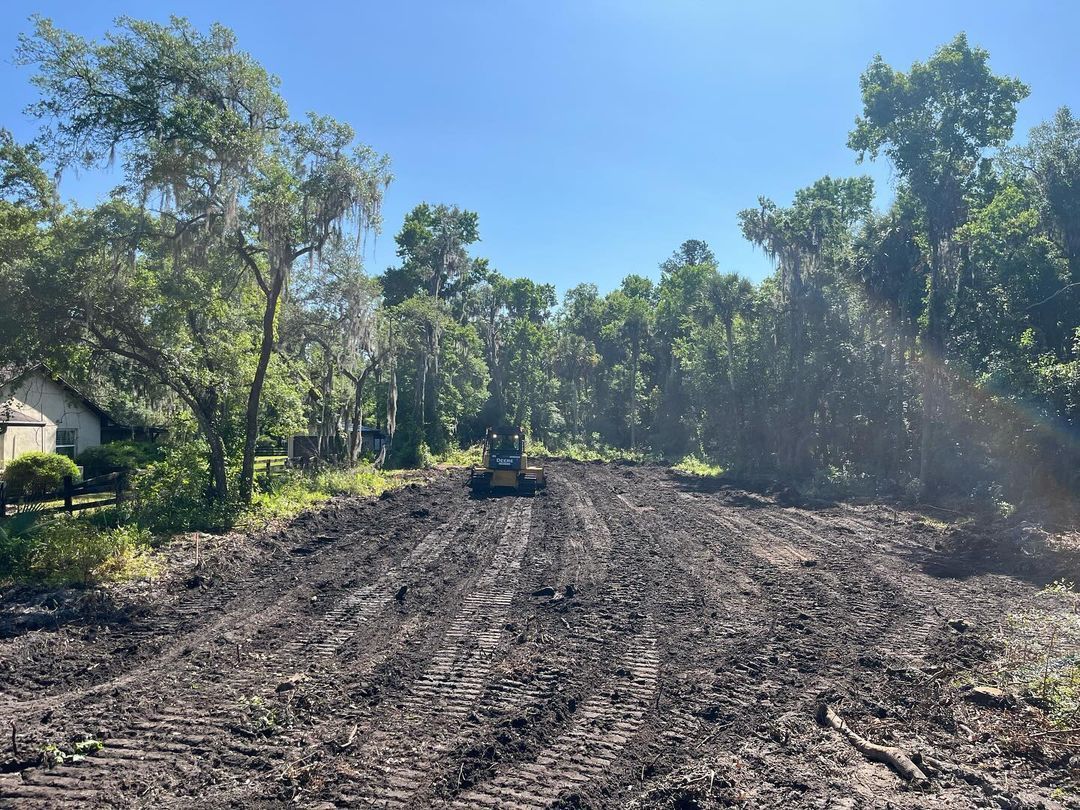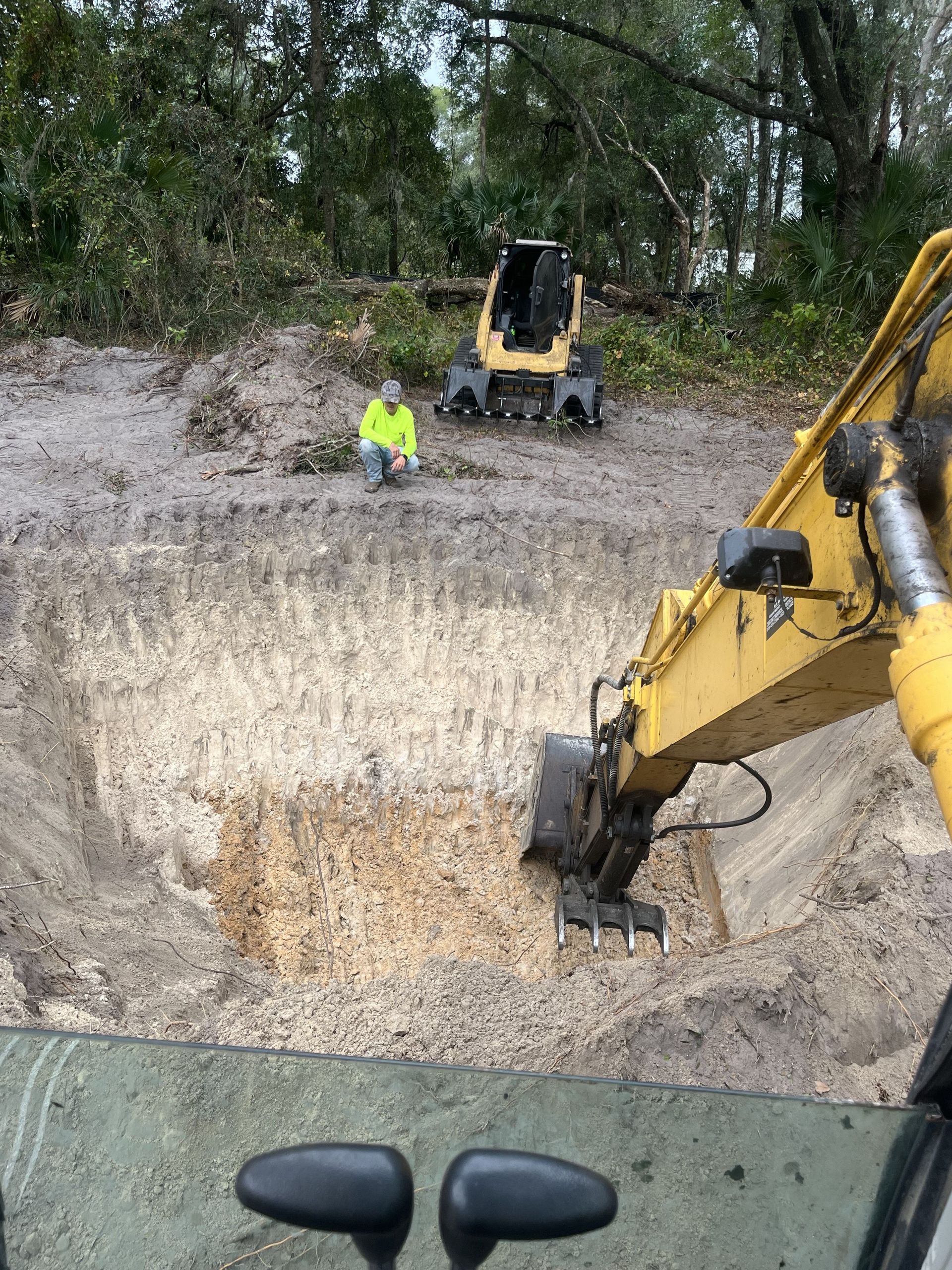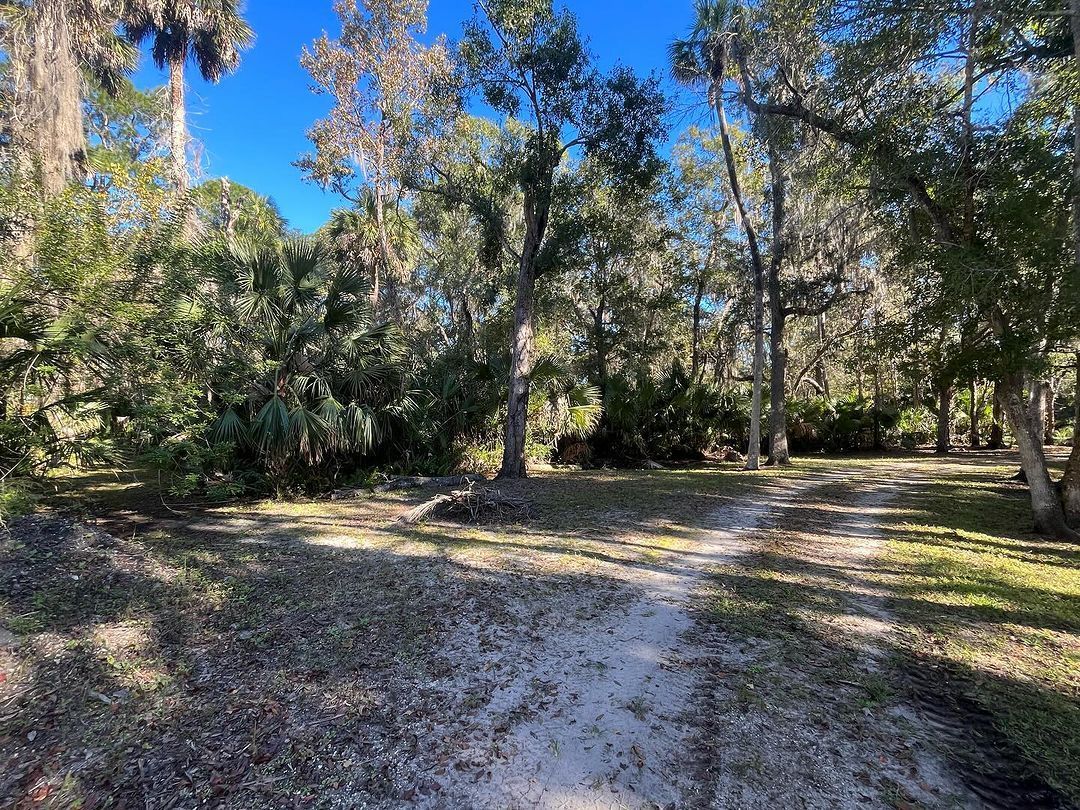The Benefits of Land Grading Services for Agricultural Land
Farming is all about healthy soil, smooth fields, and proper water flow. But if your land isn’t leveled or shaped correctly, it can lead to poor drainage, soil erosion, and uneven crop growth. That’s where land grading services come in.
Land grading ensures your farm is ready to work efficiently, providing a stable foundation for planting and irrigation. From improving water drainage to increasing crop yield, these services are an investment in your farm's future.
Let’s break down the key benefits of land grading and why it’s a smart choice for agricultural land.
What Is Land Grading?
Land grading, sometimes called landscape grading, is the process of reshaping the soil to create a more stable and level surface. This technique involves excavating specific areas, redistributing soil from higher elevations to lower regions, and carefully smoothing out the land. Once the surface is evened out, permanent vegetation is typically planted to help stabilize the soil and prevent erosion.
As the vegetation takes root, the graded land becomes ready for various agricultural or outdoor uses. Grading offers several advantages, including improved water drainage, reduced soil erosion, and a more practical, uniform surface ideal for farming, landscaping, or construction projects.
Custom Plans for Your Land
Customized land grading plans are made to fit your farm’s unique layout and needs. They help improve water flow, prevent soil erosion, and create the best environment for healthy crops. By addressing uneven land and water drainage issues, these plans make your fields more productive and easier to manage, saving time and resources in the long run.
Improve Water Drainage
Land grading helps water move where it needs to go, stopping flooding and cutting down on wasted water. It also keeps soil from washing away, so your fields stay healthy and ready to grow crops. Better drainage makes it easier to water your fields, helps plants grow stronger, and gives you bigger harvests. With land grading, your farm will be easier to manage and more productive.
Save Money with Land Grading
Land grading services help farmers save money by using smart methods to work with the soil already on their land. This means less digging, less fuel, and fewer hours of labor.
With these savings, you can spend less on preparing your fields and more on growing crops. It’s a simple and cost-effective way to get your land ready and keep your budget in check.
Increase Your Crop Yield
Land grading helps boost crop yields by leveling the land and improving water flow. It spreads nutrients and water evenly, giving crops a better chance to grow healthy and strong. With better soil and water management, you can grow more and get more value from your farmland.
Protect the Environment
Land grading services benefit the environment by reducing soil erosion and controlling runoff. This helps protect water quality, keeps nutrients in the soil, and supports healthier farmland. It’s a simple way to manage your land sustainably while preventing flooding and protecting nearby ecosystems.
Frequently Asked Questions
How Long Does the Land Grading Process Typically Take?
Land grading usually takes a few days to a couple of weeks, depending on your land's size and needs. A pro team gets it done efficiently, setting your land up for better drainage and smoother farming in no time.
Are There Any Specific Requirements or Considerations Before Starting a Land Grading Project?
Before grading, check for buried utility lines, get the right permits, and plan how water will drain and where slopes should go. A professional can handle all this for you, ensuring your land is ready and safe to use.
Does Soil Type Affect Land Grading?
Yes, different soil types can impact land grading. Sandy soil drains well but may need stabilization. Clay soil holds water, making it tougher to grade and requiring extra care for drainage. Rocky soil takes more time and specialized tools to level. Understanding your soil ensures the grading process is smooth and sets up your land for long-term success.
What Are the Advantages of Grading in Agriculture
Grading improves drainage, prevents soil erosion, and keeps nutrients in place. It also levels your land, making planting and harvesting easier, so your crops thrive and your workload lightens.
How do I know if my land needs grading?
Look for water pooling, uneven surfaces, or erosion issues. If any of these are affecting your fields, grading can solve the problem.
Does land grading affect equipment use?
Definitely! Properly graded land makes it easier to use tractors and other equipment, reducing wear and tear and improving efficiency.
Can land grading help with pest control?
Yes, by eliminating water pooling and uneven ground, grading reduces areas where pests and weeds thrive, helping protect your crops.
Is land grading expensive?
Costs depend on the size of the project and the land’s condition, but the long-term benefits often outweigh the initial expense
What kind of equipment is used for land grading?
Heavy machinery like bulldozers, graders, and excavators are commonly used, ensuring precision and efficiency.
Can I DIY land grading for my farm?
Small projects might be manageable, but for large or complex areas, hiring a professional ensures the best results.
Why Choose Samuel’s Site Service for Your Land Needs?
We understand that maintaining, improving, and preparing your land—especially for agricultural purposes—can be a challenge. At Samuel’s Site Service, we’re dedicated to providing reliable land clearing, grading, concrete services, tree care, and hurricane disaster emergency cleanup.
Serving DeBary, FL, and nearby areas in Volusia, Orange, Seminole, and Lake Counties, our team is ready to manage even the most demanding projects. Whether you need to prepare your land for farming, improve drainage, remove trees, or recover from a storm, we provide solutions that work for both agricultural and residential needs. Contact us today to get started!






